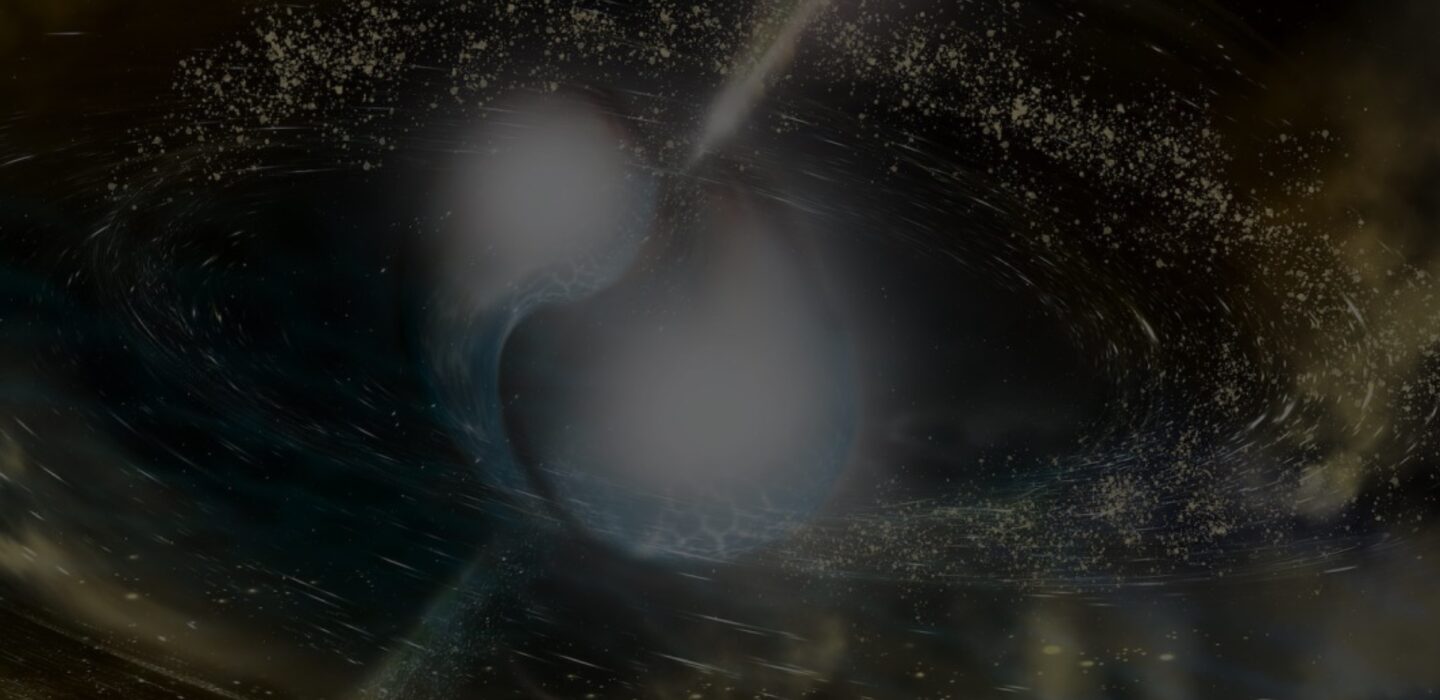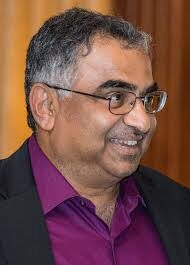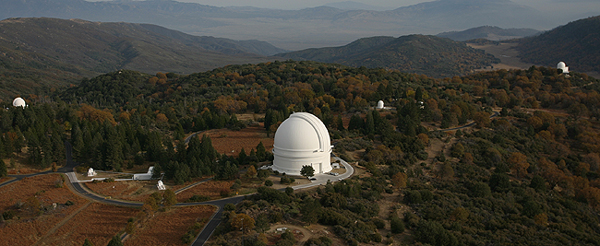Shri Kulkarni – Rossi Lecture


Tuesday March 11th 2025
4pm
Marlar lounge & via zoom
The Zwicky Transient Facility: concept to results
The Zwicky Transient Facility (ZTF) is at present undertaking an ambitious survey of the dynamic optical night sky. It searches systematically for exploding stars, burping quasars, variable stars and moving objects. ZTF is considered the pre-cursor of the Rubin Observatory's Legacy Survey of Space & Time (LSST), the flagship enterprise of the US astronomical community (and expected to achieve first light early next year). ZTF was designed to undertake not just a robotic but an automated discovery of the changes in the night sky. In this talk, I will present the story of ZTF, from concept through a pilot project (PTF) and an intermediate project (iPTF). I will walk through the engineering innovations and computer science tools that went into ZTF and end with a summary of some of the results from ZTF.

An aerial view of the Palomar Observatory (California). The discovery engine is the 48-inch telescope (extreme left) and the photometric classification is done at the 60-inch telescope (extreme right). Spectral classification is done at the 60-inch telescope (extreme right). Spectral classification is undertaken at the 200-inch telescope (center). The very first synoptic survey undertaken with a wide-field Schmidt telescope was F.Zwicky's 18-inch and is the small dome to the right of the 200-inch.
S. R. Kulkarni is the George Ellery Hale Professor of Astronomy at the California Institute of Technology. He served as Executive Officer for Astronomy (1997-2000)and Director of Caltech Optical Observatories for the period 2006-2018. He was recognized by Cornell Uniersity with an AD White Professor-at-Large appointment. Kulkarni received an honorary doctorate from the Radboud University of Nijmegen, The Netherlands. He is the Chair of the Physical Sciences panel of the Infosys Science Foundation.
Kulkarni obtained his undergraduate degree from the Indian Institute of Technology, Delhi and his PhD from UC Berkeley. He served a brief period as a postdoc at UC Berekely and Caltech before joining the faculty rank at Caltech in 1987. Prof. Kulkarni's primary interests are the study of compact objects (neutron stars and gamma-ray bursts) and cosmic explosions. He is keenly interested in developing or refining astronomical methodologies.
His awards include NSF's Alan T. Waterman Prize of the NSF, a fellowship from the David and Lucile Packard Foundation, a Presidential Young Investigator award from the NSF, the Helen B. Warner award of the American Astronomical Society, the Janksy Prize of Associated Universities, Inc, the Dan David Prize and the Shaw Prize. Kulkarni is a fellow or member of the following learned societies: the American Academy of Arts & Sciences, the Royal Society of London, the US National Academy of Sciences, Indian Academy of Sciences and the Royal Netherlands Academy of Arts and Sciences (KNAW).